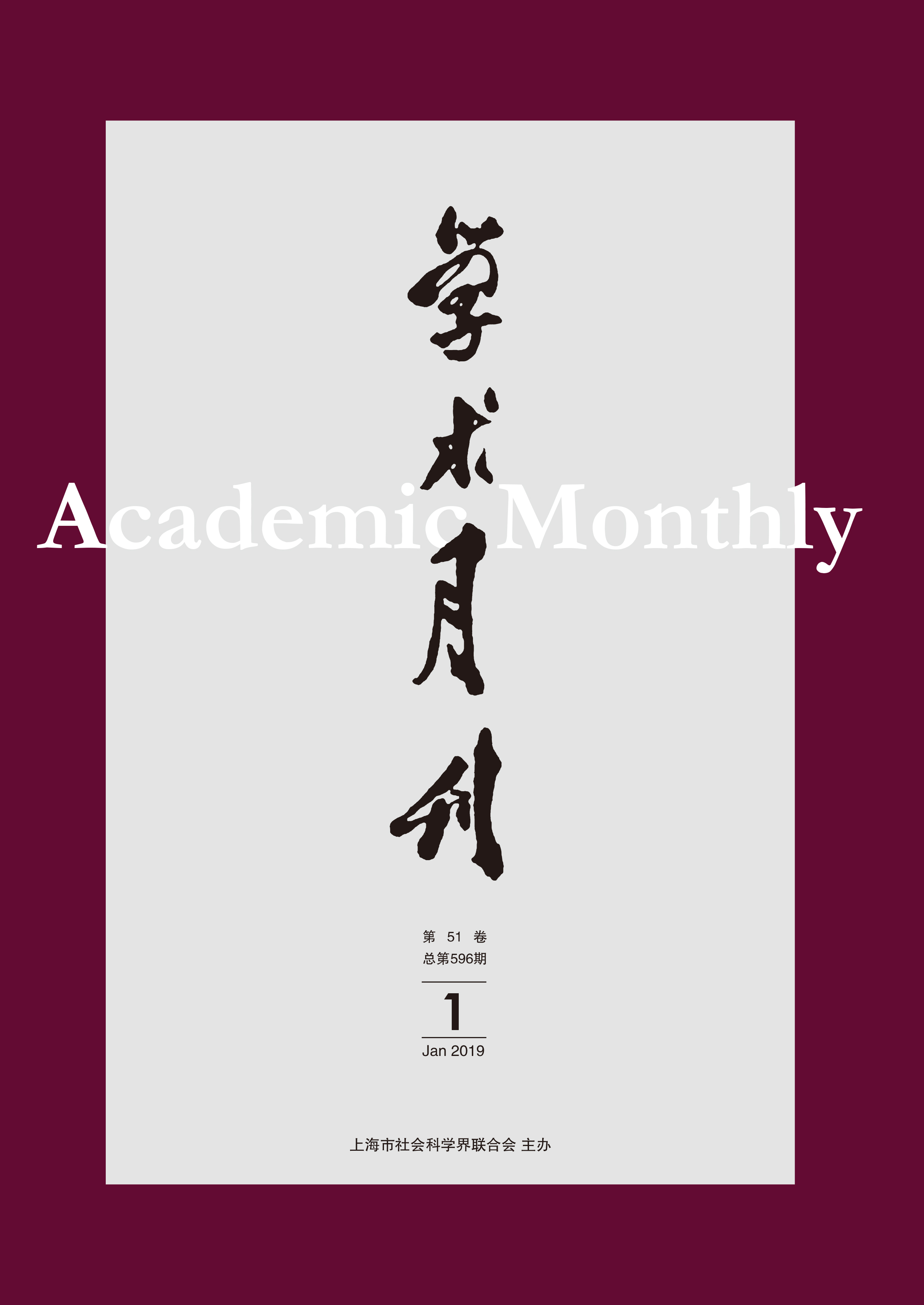Deepening Reform of State Owned Enterprises: From “Classification” to “Stratification”
- Available Online: 2019-01-01
Abstract: Contacting the state-owned capital allocation field and the function of ' classification” to promote reform and deepening reform is an important feature of the ' re-starting” of state-owned enterprise reform in China. Based on the theoretical analysis of ' classification”, this paper links the reform practice and promotes the combination of theoretical content with ' stratification”. In order to promote reform practices, it is more targeted. Such ' stratification” can be manifested in the following three aspects: stratification of the governance chain of the investment chain derived on the basis of clearing the contribution of the ' ultimate owner”; and the ' classification” orientation, linking the industrial system and the different levels of the technical system Selecting the state-owned capital allocation focus and dynamic optimization measures; and, on the basis of clarifying the concept of ' ultimate owner” of public capital, combined with the government fiscal account system, it is necessary to divide the operational content and management methods of public assets at different government levels. Floor. It can be seen that the deepening process of ' classification” and ' stratification” calls for new breakthroughs and innovations in economic theory.



 沪公网安备 31010102003103号
沪公网安备 31010102003103号 DownLoad:
DownLoad: